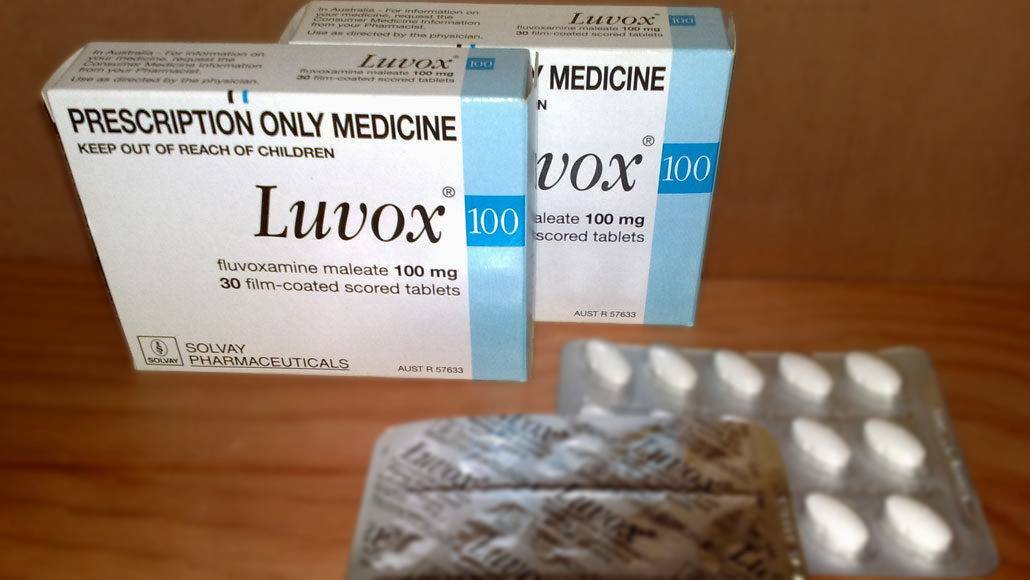With much fanfare, the FDA has recently given emergency approval to two antiviral drugs, but could an inexpensive antidepressant that is regularly available be the key to defeating the pandemic.
The antiviral drugs soon to be available from Merck and Pfizer have been positioned as possible game-changers in the long-term fight against COVID; however, the drugs are not readily available, and once fully approved, and in full-scale production, the required course of treatment will cost hundreds of dollars.
However, an inexpensive drug that has been on the market for years may prove to be just as important if not more important than the new drugs in defeating COVID once and for all.
A recent study found that a 10-day course of fluvoxamine – a widely available and cheap antidepressant — cut hospitalizations by two-thirds and reduced deaths by 91 percent in patients who tolerated the medicine. The study was published in the October 27 issue of Lancet Global Health.
Fluvoxamine is most often prescribed for obsessive-compulsive disorder and acts by increasing levels of the brain chemical serotonin between nerve cells. Aside from those effects, the drug has other biological properties that could quell inflammation triggered by COVID-19, says child psychiatrist Angela Reiersen of Washington University School of Medicine in St. Louis. She stumbled onto the idea to test fluvoxamine as a COVID-19 treatment while scouring papers during her own bout of illness early in the pandemic.
“This is an existing medicine with two to three decades of clinical use — something millions of people have taken,” says David Boulware, an infectious disease physician, and researcher at the University of Minnesota Medical School in Minneapolis. “It’s available at every pharmacy in the U.S., and [a 10-day course] costs $10.” By comparison, a five-day course of Merck’s antiviral molnupiravir — another oral drug that can protect people from serious COVID-19 — carries a $700 price tag.
Boulware was not involved in the latest trial but helped analyze results from a smaller study showing fluvoxamine’s promise as an early COVID-19 treatment. That study tested real-world use of the antidepressant in workers who got infected during a COVID-19 outbreak at a California horse racing track last November.
The new analysis was conducted as part of TOGETHER — an international collaboration launched last year to test multiple repurposed medications in placebo-controlled experiments at the same time. The study’s adaptive design allows investigators to remove treatments from the study when statistical analyses show the drugs offer no benefit, as has been the case for the antimalarial drug hydroxychloroquine and for ivermectin, a drug commonly used against parasites.
For the new study, researchers at McMaster University in Hamilton, Canada, partnered with the research clinic Cardresearch in Brazil to recruit 1,497 unvaccinated, high-risk adults in their first week of flu-like symptoms from COVID-19. Patients at 11 clinical sites in Brazil entered the trial between January and August and received either 100 milligrams of fluvoxamine or placebo pills twice a day for 10 days. Investigators monitored participants for another 28 days after treatment.
In the placebo group, 119 of 756 patients, or 15.7 percent, developed complications requiring hospitalization or more than six hours of emergency care. In comparison, 79 of 741, or 10.7 percent, of fluvoxamine-treated patients got that sick. Taking fluvoxamine cut emergency visits and hospitalization by 32 percent, the trial found.
Among patients who took at least 80 percent of their doses, the benefits were even stronger. About three-fourths of patients fell into that group, with the most common reason for stopping the drug being gastrointestinal complaints. Fluvoxamine cut serious complications in that group by 66 percent and reduced mortality by 91 percent. In the placebo group, 12 patients died, compared with one who received the drug.
Given the latest data and fluvoxamine’s long-standing safety record, Reiersen says, “we believe it should be used in COVID-19 for patients at high risk for morbidity and mortality from complications of the infection.”
According to Boulware, the expert panel that develops U.S. COVID-19 treatment guidelines was briefed on the data in mid-September and could decide soon about recommending fluvoxamine as an early treatment for the disease.


